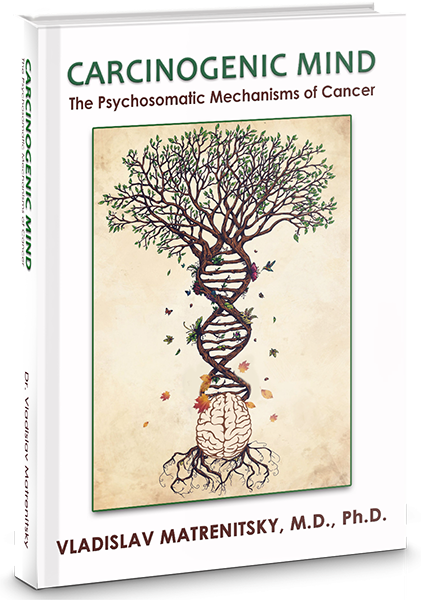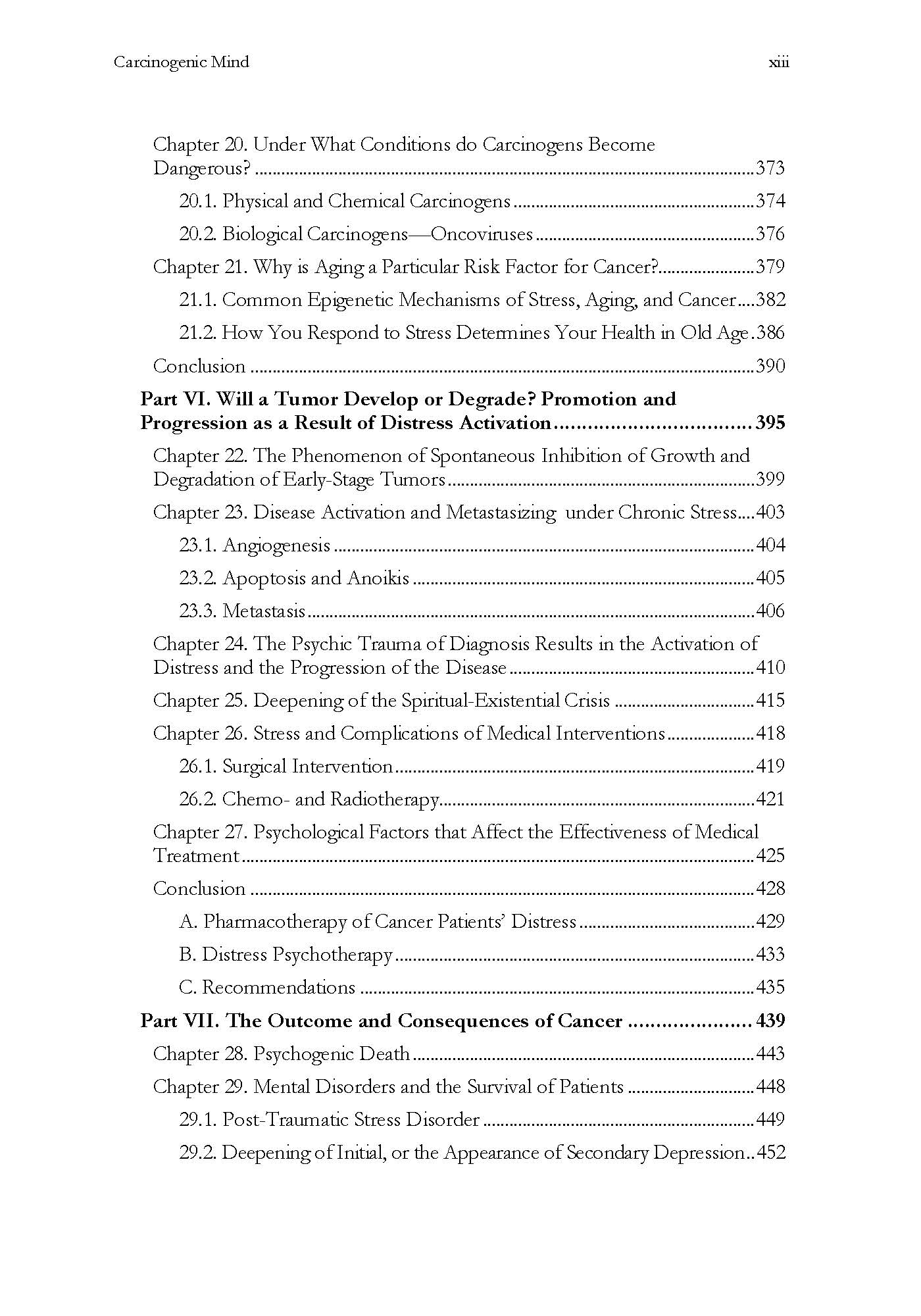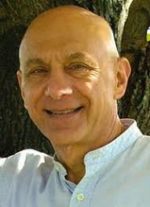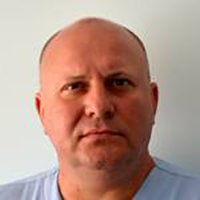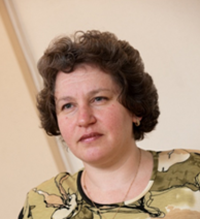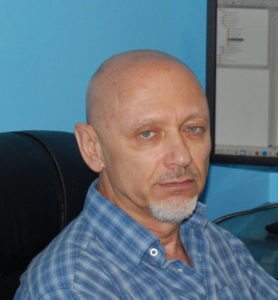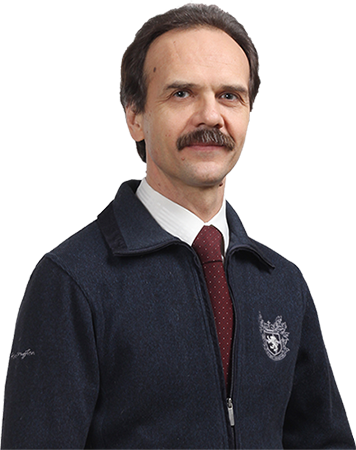Vladislav Matrenitsky M.D., Ph.D., is the founder and head of the Center for Psychotherapy, Psychosomatics and Psycho-oncology Expio, the first specialized organization of psychosocial cancer care in Ukraine. He graduated from Odessa State Medical University (Ukraine) and qualified as a general practitioner. Vladislav completed a postgraduate course at the Institute of Gerontology, The Academy of Medical Science of the USSR (Kiev), and was awarded a Ph.D. in the physiology and biochemistry of stress in ageing. After that, he worked as a Research Fellow in the same Institute and published in the field of gerontology.
Later, Vladislav came to the understanding that the real secrets of life, illnesses, aging, and death lie not only on the physical but also on the spiritual level. Being disappointed in pharmacy-oriented medicine, he started studying the ancient and modern spiritual knowledge and healing traditions—Chi-Gong, Hermetic Alchemy, Sufism, Siberian Shamaniс healing, Buddhism, and Sound Therapy.
Vladislav studied Psychotherapy at Kiev’s State Academy of Postgraduate Medical Education, and later qualified as a Transpersonal Psychotherapist with the European Transpersonal Association (EUROTAS). Psychosomatic medicine became his main area of practice. Since 2002, Dr. Matrenitsky has been giving frequent workshops and private sessions throughout European countries, as well as presenting his work at a number of European and global conferences and congresses on Transpersonal Psychology and Psychotherapy.
Dr. Matrenitsky started to work with cancer patients in 2009. Puzzled by the psychological similarity of psychosomatic and cancer patients, he immersed himself in different branches of science to understand the hidden mechanisms of cancer. The result of his research was finalized in 2017 by publishing this book in Ukraine, where it became the first manual on psycho-oncology .
Vladislav Matrenitsky is co-founder of the European Transpersonal Psychology Association (ETPA) and a member of the International Psycho-Oncology Society (IPOS). He currently practices both in his Center and online, and give lectures and leads workshops worldwide.
